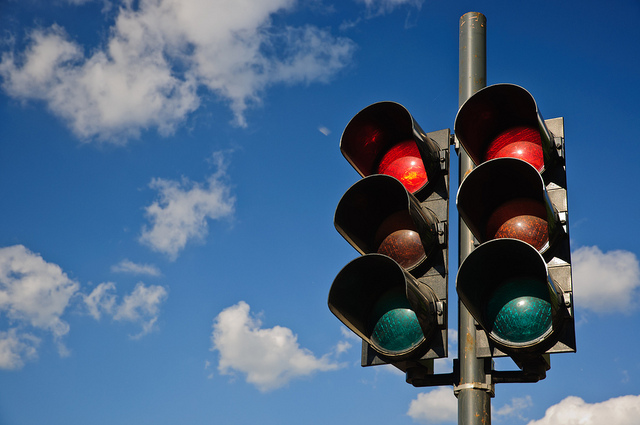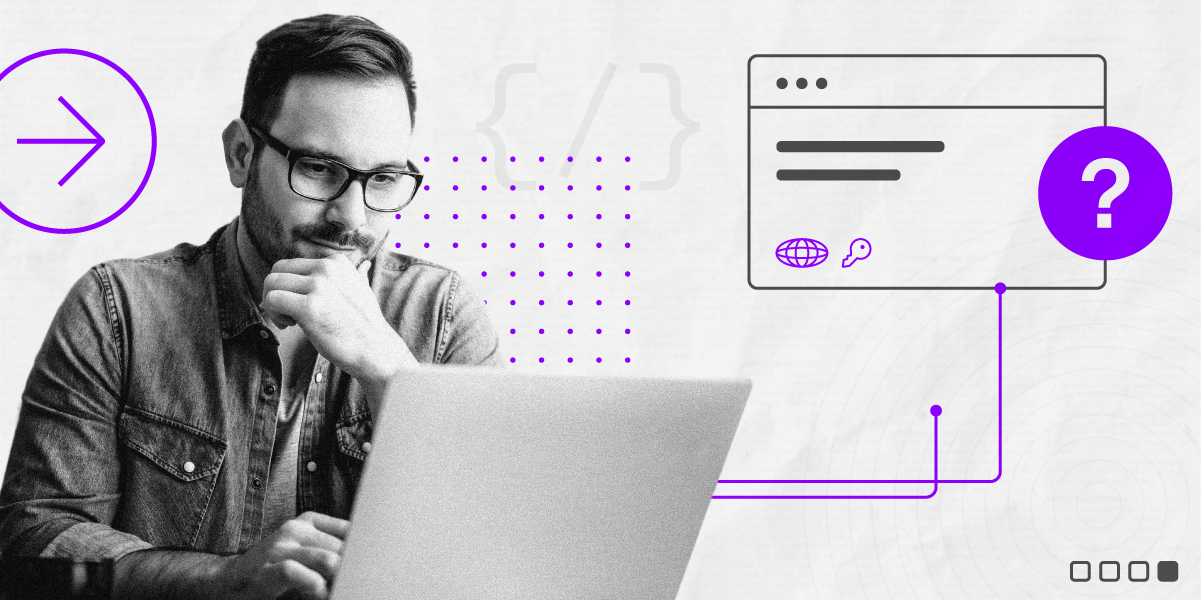In the battle over Net Neutrality, the FCC is at the precipice of deciding whether to create an Internet “Fast Lane.” We have an alternative solution to propose, and we believe it can work: instead of a Fast Lane that only the wealthy could afford, ISPs should pay companies to get into the Slow Lane.
The ISPs have been making a case for a non-neutral Internet for years, even suing to overturn the status quo, and perhaps the time is right to finally take some of their principles seriously.
Of all the ideas on the table, what strikes at the heart of Network Neutrality is FCC Chairman Tom Wheeler’s proposal for “paid prioritization” — the so-called “Fast Lane.” The Fast Lane would allow preferential treatment for some applications or websites that could afford the premium the ISPs would charge for this service. In short, those companies with deeper pockets would access the Fast Lane, shuttling other companies into a slower service tier.
It’s important to note something simple about this proposal: It dictates that money flows from your favorite websites to the ISPs, the very same companies you already pay to deliver Internet service to your home.
In this model, the ISPs get paid twice, both to provide their service and regulate heavy-use companies, like Netflix.
The arguments for this system are varied, depending on whom you ask, but they tend to be appeals to fairness. These include suggestions that because the network is congested, premiums are justified to ensure that heavy users of the network will “pay their fair share.” These are very familiar arguments, as they were used to justify the most notable violation of Network Neutrality in recent memory: the blocking of BitTorrent traffic by Comcast in 2007 and 2008.
The ISPs also claim that such price discrimination is an important part of free markets. For example, the last seat on that flight you want to take is probably going to cost you full fare, versus the typical discounts you can expect when booking early. As a result, consumers are compelled to book earlier – ultimately acting in the airlines’ best interest by ensuring that it gets the maximum revenue for its service.
But should these principles apply when market forces are weak, or practically non-existent (such as the ISP “marketplace” in the United States)? Can a monopoly be trusted to allow discrimination?
Surprisingly, the answer is maybe. But not exactly in the way you think.

Let’s consider electricity, another utility just as essential to modern life as Internet service.
The power grid is built and operated by a highly regulated monopoly, something that was true even in periods of exponential growth early in its lifecycle. The resulting network is obviously neutral: When you plug something into the wall, the power company doesn’t ask, “Is it a Sony device? Or Panasonic?” and then deliver you something different based on the answer. Electricity just works, regardless of what it is powering.
Yet, there is still something that looks like price discrimination at play. Just like the ISPs’ proposal, the system relies heavily on incentives to achieve the desired result — more efficient use of the network. These incentives include bonuses for cutting back on peak usage, or a reduced bill when coupled with alternative energy. We proved this concept is possible on the Internet when we implemented a congestion aware protocol to better manage traffic and solve the first Net Neutrality flare-up mentioned above (see “How BitTorrent Re-Wrote the Rules of the Internet”)
But unlike the ISPs’ proposal, this price discrimination relies on voluntary actions of end users. It encourages heavy users of the network to shift their load when demand is high.
Could this work on the Internet? What if ISPs pay users or websites to use the network less during peak times? This would relieve pressure on the network, yield a better experience for users and would be worth real money to the ISPs. Additionally, there would be no unnatural pressure for the ISP to deliberately degrade the base service in order to manufacture demand for the priority service, as some have suggested might happen.
I mean, if we are to believe that broadband is this scarce of a resource, then why not pay companies to manage the “reality”? The only thing missing is the incentive from the ISP that would reward our users to keep using it — and entice other websites to use it as well.
Of course, the big difference between this idea and that of Chairman Wheeler is that the money (or value) flows the other way: from the utility (in this case the ISP) to their customers or other websites.
Whatever the incentive, if implemented as prescribed, the Slow Lane could be more economically sound than paid prioritization, assuming the ISPs are to be believed as to the nature of the “problem” they want the government to solve for them.
But are we really to believe that broadband is a limited resource? Or is this all just a manipulation? Take a look at the public filings of the ISPs, there’s plenty of gross margins in the ISP margin to call into question this assumption.
It’s time to stop engaging in this kind of zero-sum thinking, pitting one user of the network against another. There is no scarcity.
So if they want Fast Lane that favors the wealthy to drive more profits, why not use all those extra profits to pay the less-wealthy to stay in a Slow Lane?
Or perhaps, it’s time to create one truly fast lane for all. Let’s turn this argument around, and keep the Net Neutral.



